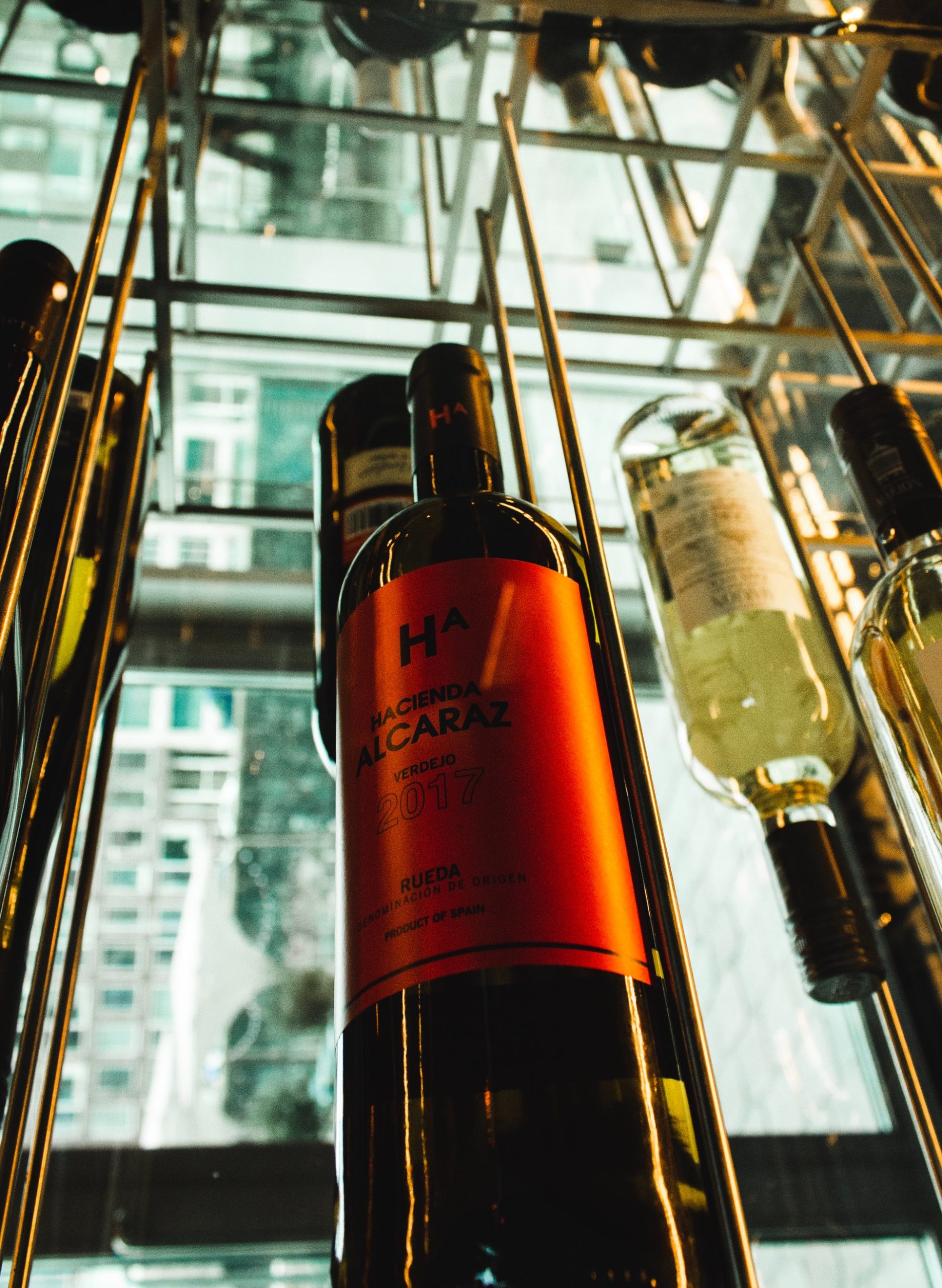You may already have some favorite wine that you want to save for a special occasion, several bottles not within your drinking style anymore, or perhaps have too many vintages that you could ever drink. Any of these wine bottles are in your wine cellar, and you call it your beautiful collection. However, did you know that you could turn your wine selection into a business?
Wine collecting may sound like a hobby for the wealthy elite, but in recent years, it has become a feasible investment for the middle class and wine enthusiasts. However, without proper knowledge, it can be a wasteful investment because not all vintages can give eye-popping returns.
Like any business, you’ll have to commit to intensive research and know how much your bottles are worth. You should also know the right selling platform, the best price to charge, and understand the market trends to maximize your profit. Selling wine may seem more complicated than choosing your favorite bottle to open, but with the right vintages, you can profit from them in the future. Here’s your guide in collecting and selling exceptional wines.
IMAGE: UNSPLASH
Building Your Collection
Before you start selling and making a profit, you’ll need to have a good wine collection. There are certain qualities that your wine bottles must achieve to be among the most valuable vintages in the world.
For instance, you should consider the grapes’ variety. Most expensive wines in the world are from Pinot Noir from Burgundy. It’s well-known that grapes from the best vineyards in Burgundy sell for about five times higher than other less preferable vineyards in the same region.
Additionally, vintages that received a perfect score from critics have a higher value by more than about 45%. A spike in interest and demand will occur once any reputable wine critic reviews a particular vintage. Thus, it’s a smart move to update yourself with recent reviews as some critics will upgrade their score from time to time.
It is also important to note that rare wines sell higher. Moreover, older vintages sell for better prices than younger bottlings. Younger wines sell for under the average wholesale price. They are also more abundant and sell quickly.
Once you’ve chosen which ones to invest in, taking care of them is the next step. To retain their value, you should store your wine bottles in the right conditions. I opt to store my wine professionally to ensure its pristine condition. Usually, professional storage facilities are available in auction houses and self-storage facilities with specialized wine storage units.
Additionally, wine bottles stored under bond offer higher profits because it proves that the wine is authentic. You should also track the chain of ownership, storage records and handling at different times, and its overall authenticity. You can use apps and services to know this information if you decide to sell your valuable collection.
Consider these factors as you can highlight them to pique any buyer’s interest. A certified wine collector will surely know you’re trustworthy if your collection hits these marks.
The Right And Worst Time To Sell
There is no particular season in selling your vintages as wine is a reasonably liquid market. You can quickly execute a trade at a desirable price due to a large number of auctions, online marketplaces, and sales taking place. You’ll also have plenty of buyers from cult and rare wine enthusiasts, blue-chip investors, and collectors that focus on one region, producer, or varietal.
However, you should be aware of any turmoil in the stock market as it can affect the wine market. Also, prices can decrease during the hottest and coldest months of the year. You’ll have a hard time shipping your wine in poor weather conditions, which can result in higher shipping costs, delays, and damages.
It’s best to sell and ship your wine during the spring and fall season when the weather is mild. That is unless you can find a platform that dispatches year-round and take extra precautionary measures to prevent possible damages caused by harsh weather.
You should also consider selling your extra bottles in the early spring. I usually do this just before I order the next inventory to have plenty of room for new wines. You can start the selling process as early as possible, preferably in the winter.
Your Perfect Selling Platform
You can sell your wine in in-person auctions, DIY sales, and online marketplaces. These platforms appeal to a specific market, and you can use it to your advantage.
In-person auctions are the most popular wine selling platform. It usually appeals to blue-chip investors looking for the most popular and valuable vintages. However, selling in an auction house has advantages and disadvantages.
A trustworthy auction house can provide you a larger audience, making it easy for you to find a buyer. The downside is that auction fees can be steep. Some will charge for a seller premium, while others will let the buyers bear the charges. Auction houses usually charge for at least $2,500 for a lot of wine.
You can also do the sale yourself and have full control over the bottle price. However, it can be risky and complicated. You might have a hard time looking for an audience as most collectors don’t trust unknown sellers. You can take this option if you already have a specific buyer showing interest in your collection. However, it’s best to seek legal precautions as selling your wine without a license is illegal in the US.
Lastly, you can sell your wine in a reputable online wine marketplace. Online wine marketplaces appeal to a wider range of collectors because of their convenience. It’s also easier for buyers to search for a particular producer and vintage, and to compare prices.
Trustworthy online marketplaces, like Sokolin, offer extensive research to assess the value of your collection based on market conditions to give the most competitive price and highest profit possible. I was able to sell my wine collection at a guaranteed price up-front with no extra or hidden fees. Based on personal experience, this is a good selling option for nearly every wine collection.
Takeaway
Profiting from your hobby isn’t new nowadays, especially to wine collections. Many wine enthusiasts have the chance to sip their favorite bottles while earning some cash with it. Any hobby turned business can be a fun and fulfilling experience. As long as you handle it well, then you’ll surely be successful in this endeavor.
If you are interested in even more business-related articles and information from us here at Bit Rebels, then we have a lot to choose from.


COMMENTS